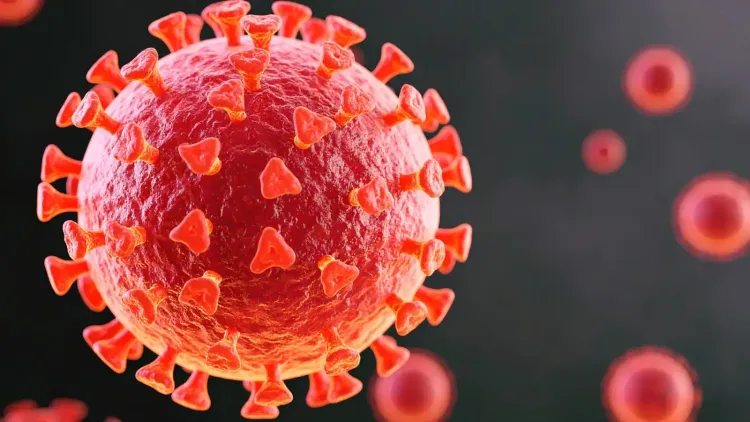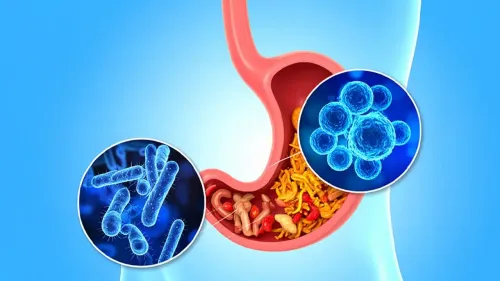Can Covid Virus Alter Sperm and Heighten Anxiety Risks in Future Generations?

Synopsis
Key Takeaways
- Covid-19 infection in fathers may alter sperm composition.
- Altered sperm can impact children's brain development.
- Increased anxiety-like behaviors were noted in offspring.
- Significant changes were found in the hippocampus of female offspring.
- Future research is crucial for understanding the implications.
New Delhi, Oct 14 (NationPress) While Covid-19 infection is known to have lasting impacts on the brain, a concerning study on animals revealed that SARS-CoV-2 infection in fathers prior to conception may lead to alterations in sperm, affecting the brain development and behavior of their children and potentially increasing anxiety risks later in life.
The research, published in the journal Nature Communications, underscores the possibility that Covid could have enduring consequences for future generations.
Prior investigations have indicated that male mice exposed to certain environmental and lifestyle factors, such as poor diet before mating, can experience changes in the brain development and behavior of their offspring.
“This is due to the father's experiences potentially altering the information contained within sperm, including specific RNA molecules that deliver developmental instructions to offspring,” stated lead researcher Professor Anthony Hannan from the University of Melbourne’s Florey Institute of Neuroscience and Mental Health.
In this recent study, the researchers aimed to determine whether the Covid virus would similarly affect sperm RNA and subsequent offspring.
To investigate, they allowed male mice to recuperate from SARS-CoV-2 infection for several weeks before mating them with healthy females.
The resulting offspring exhibited heightened anxiety behaviors compared to those from uninfected fathers.
All offspring born to fathers affected by Covid showed increased anxiety-like behaviors. Additionally, female offspring manifested significant changes in specific gene activity within the hippocampus—the brain region crucial for anxiety, depression, and various emotional behaviors.
“Such changes in the hippocampus, along with other brain regions, may contribute to the elevated anxiety observed in offspring, potentially through mechanisms of epigenetic inheritance and modified brain development,” explained Dr. Carolina Gubert from the Institute.
Further examination of the RNA from the sperm of infected fathers revealed that Covid had modified various molecules, including those involved in regulating genes vital for brain development.
“If our findings are applicable to humans, millions of children and their families worldwide could be impacted, presenting significant public health implications,” warned Hannan, emphasizing the need for further research.









